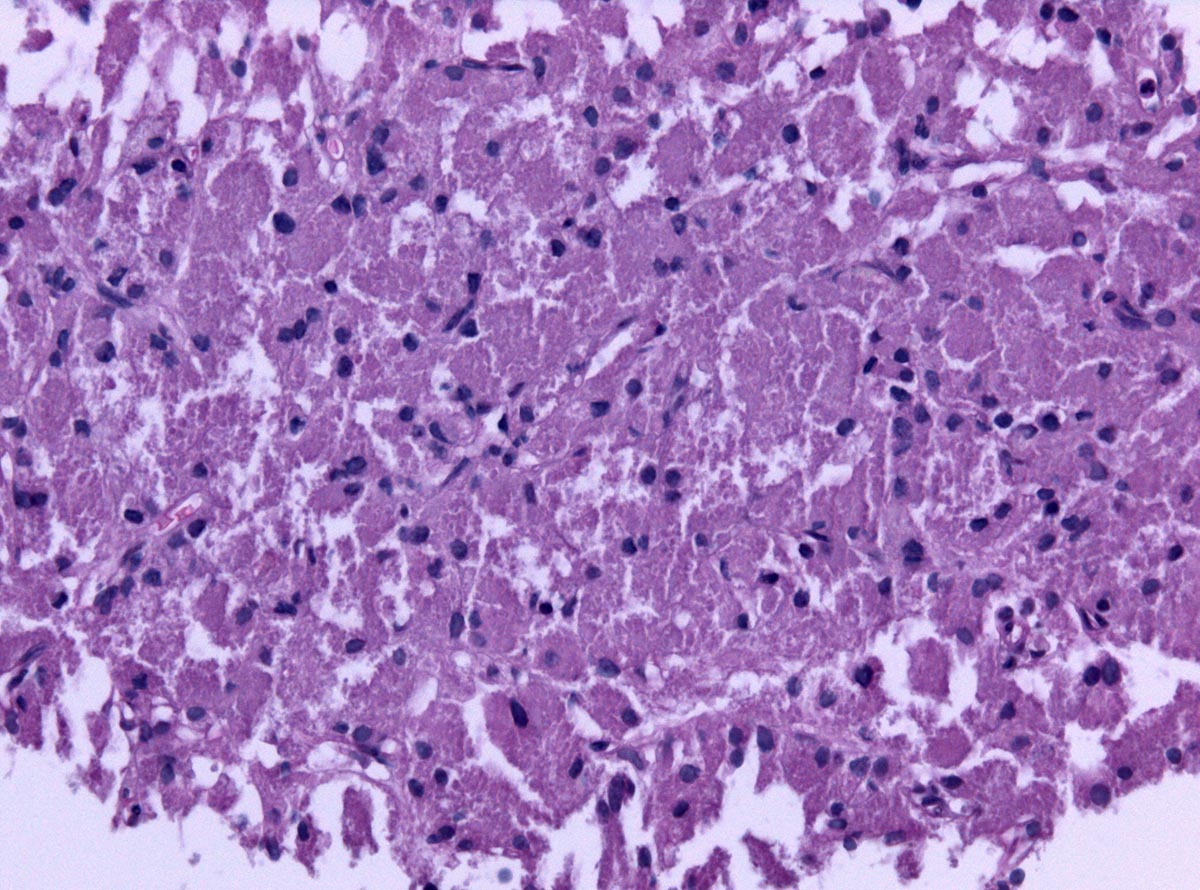
IntroductionThe Pituitary gland or hypophysis is a gland located at the bottom of the hypothalamus with the primary function of regulating the hormone levels in the body. Hormones released from the pituitary glands serve to control a number of body processes like metabolic processes, growth, blood pressure, reproductive organs functions, reactions to stress, breast milk and others. Tumor may develop in the pituitary gland, resulting in a variety of the health problems.
Yet, a large proportion of people do not have any symptoms despite the tumor. Although the tumor is usually not cancerous, it may affect the functioning of the pituitary gland. The tumor may cause an increased production of some of the pituitary gland hormones and thus trigger health complications.
Complications
This so-called functioning tumor can helps develop conditions such as Cushing's syndrome, hyperthyroidism, acromegaly or nipple discharge. Cushing's syndrome is a condition when the face, abdomen and upper chest noticeably enlarge while the legs and arms remain thin due to the cortisol hormone imbalance. Acromegaly means that the face, hands or feet are abnormally big. Pituitary gland hormones influence the reproductive organs hormones, estrogen and testosterone. A woman can have milk in the breasts due to the hormone fluctuations even if she is not pregnant.
The tumor can press the surrounding brain tissues or nerves, complicating further treatment. If nerves responsible for vision are pressed, the person is likely to have eye problems and even lose their sight. If the pituitary tumor is removed, the production of hormones can be greatly impaired in which case, the adequate hormone replacement therapy should compensate for the lost levels of hormones. Tumors can turn into pituitary apoplexy which refers to a sudden and spontaneous bleeding of the tumor into the brain. The consequences are blurred or doubled vision, even loss of vision, mental confusions and headaches. The level of pituitary hormones can drastically fall, causing the person to vomit and feel dizzy, cold and exhausted. The pituitary tumor may result in dehydration as well.
An early prognosis of the tumor is crucial for efficient treatment. The right treatment takes into consideration different factors. Age, health conditions, type and size of the tumor, all decide which method and medications to use. The tumor can be removed through surgical procedures or when the surgery is not possible to perform, radiation therapy is included in the treatment. The radiation therapy shrinks the tumor. The tumor's growth can be slowed down by certain medications. Medications can also regulate the hormone imbalances.










-In-Infants-And-Older-Children_f_280x120.jpg)






Your thoughts on this
Loading...